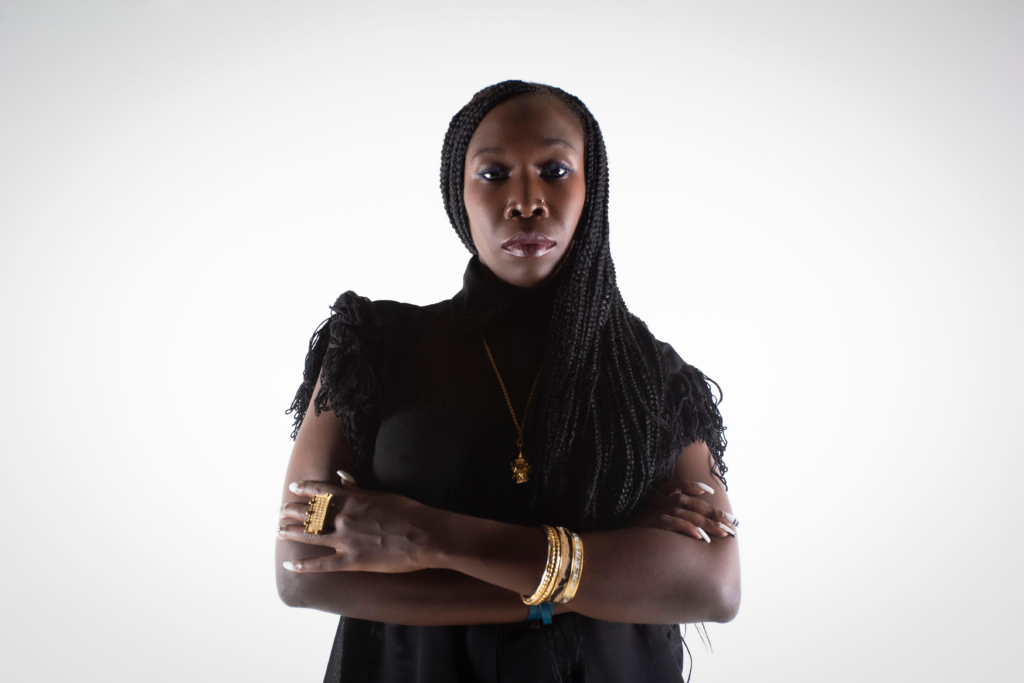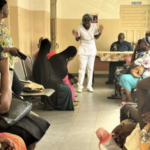It wasn’t all that long ago that any Ghanaian musician looking to make it professionally had a limited number of options available to them.
In fact, for the most part, the only real option was to play as many live events as possible and hope that they’d eventually build up a big enough audience to earn some radio airtime.
While some artists managed to break out and even build international audiences for themselves, many talented artists simply weren’t able to.
This wasn’t helped by the fact that many radio stations played the same rotation of popular songs, making it even more difficult for emerging artists to break through.
Fortunately, over the past few years, that picture has changed dramatically. Digital technologies, and streaming in particular, have opened up new avenues that allow artists to independently build their domestic and international profiles.
A number of Ghanaian artists, including the likes of Gyakie, Amaarae, and Moliy, have successfully ridden this wave to become established players in the music industry.
Even with those avenues in place, however, it’s still critical to shine the spotlight on Ghana’s emerging artists. It’s also particularly important that we do so for the country’s women in music.
Helping artists stand out
It’s something we’re profoundly aware of at Spotify. As important as our platform’s been for helping artists across the globe take greater control of their financial destinies, we know that simply providing the platform isn’t always enough.
There are, after all, more than 82 million songs on Spotify. Without a little assistance in standing out, it would still be challenging for even the most talented artist to build domestic and international audiences.
That’s why we’re committed to shining the spotlight on some of Africa’s most talented emerging artists, including those from Ghana. Our RADAR Africa and EQUAL Africa initiatives are particularly important in this regard.
Launched in March 2021, EQUAL is part of Spotify’s commitment to fostering equity for women in music globally. Spotify has since taken that promise one step further with the launch of the EQUAL Global Music Programme.
Ghana’s Gyakie was the first African singer to join the programme. Two other Ghanaians in Amaarae and Moliy have also been announced as EQUAL artists.
RADAR, meanwhile, was launched in March 2020 to give emerging artists the chance to have the promotional support of established artists, both on and off the Spotify platform.
This includes providing artists with the resources and access to integral marketing opportunities that will catapult them to the next phase of their careers.
The RADAR Africa playlist highlights music from new African artists and their latest releases. It serves as a content hub for the must-know tracks and artists across a spectrum of genres from the African continent and African diaspora.
Local and international growth
For the artists selected to take part in these programmes, the benefits are clear.
Black Sherif was chosen from Ghana to join other African megastars on RADAR. The programme is allowing Black Sheriff to grow new audiences beyond the continent and is providing support to propel him to the next stage of his career. As a result, his innovative take on Highlife is being listened to around the globe.
Moliy’s blend of Afrobeats, Reggae, Soul, Jazz, and Hip-Hop, for example, has developed a significant international audience. Indeed, the cities she has the most listeners in are Lagos, Nigeria; London, Great Britain; and Paris, France.
R&B, Soul, and Afro-fusion singer Amaarae, meanwhile, has a similarly cosmopolitan listenership with Mexico City, Mexico; London, Great Britain; and Los Angeles, USA – the cities where she’s most popular. She’s also collaborated with African R&B royalty in the shape of Tiwa Savage and Billboard-topping songstress Kali Uchis.
Afro-Fusion/Afrobeats artist Gyakie meanwhile has established a strong presence across the continent, with Lagos, Nigeria; Accra, Ghana; and Nairobi, Kenya her top cities.
Ongoing support required
The international reception these emerging Ghanaian artists have received shows just how much appetite there is for the music they produce. There are, undoubtedly, many more similarly talented artists across the country. It’s therefore critical that we continue uncovering and supporting them.

At Spotify, we’re committed to doing so now and will remain committed to doing so in the future. That’s because we understand that helping the world discover Ghanaian artists and helping ensure that women artists get the exposure they deserve doesn’t just benefit the artists themselves. It also benefits the broader Ghanaian music scene, as others are lifted on the rising tide. Finally, it benefits all of us by enriching the musical tapestry of our lives and by giving us an entry into one of Africa’s most culturally vibrant countries.
–
By Phiona Okumu, Head of Music, Sub-Saharan Africa, Spotify




